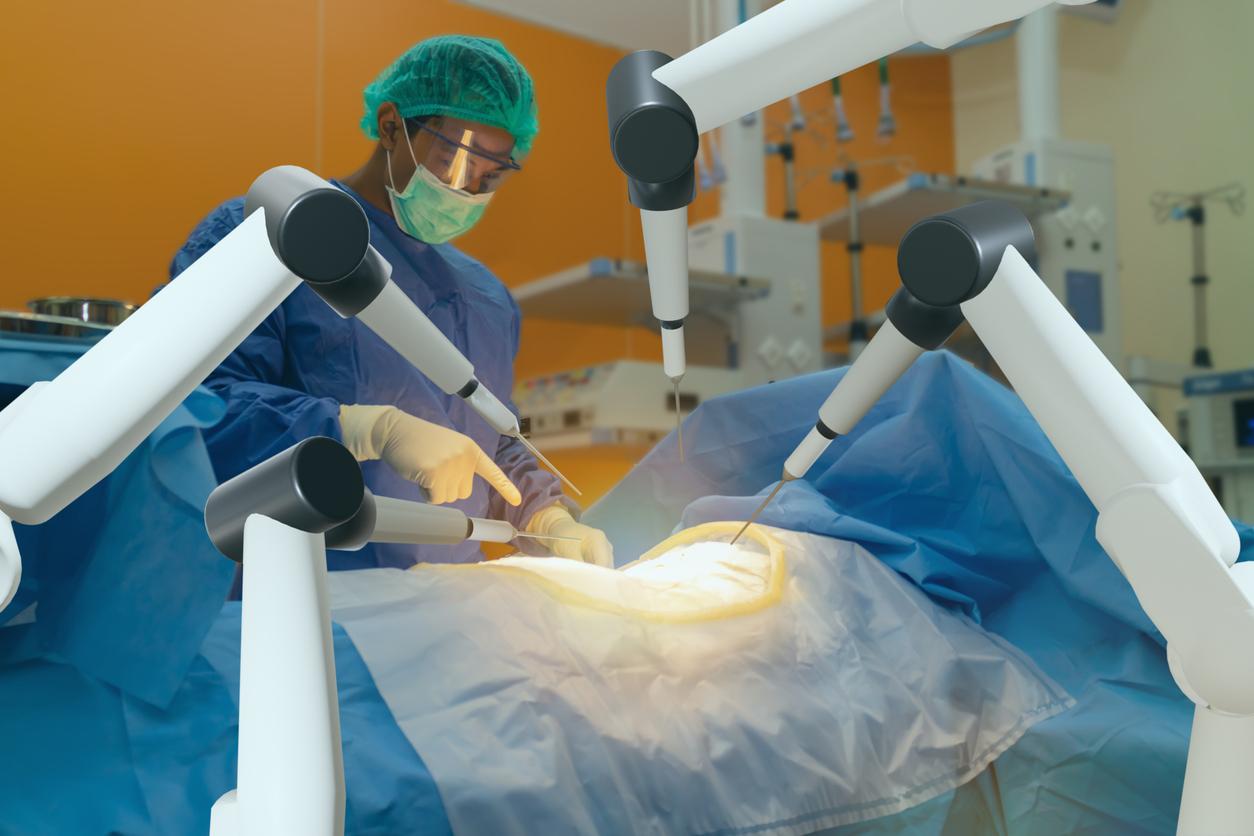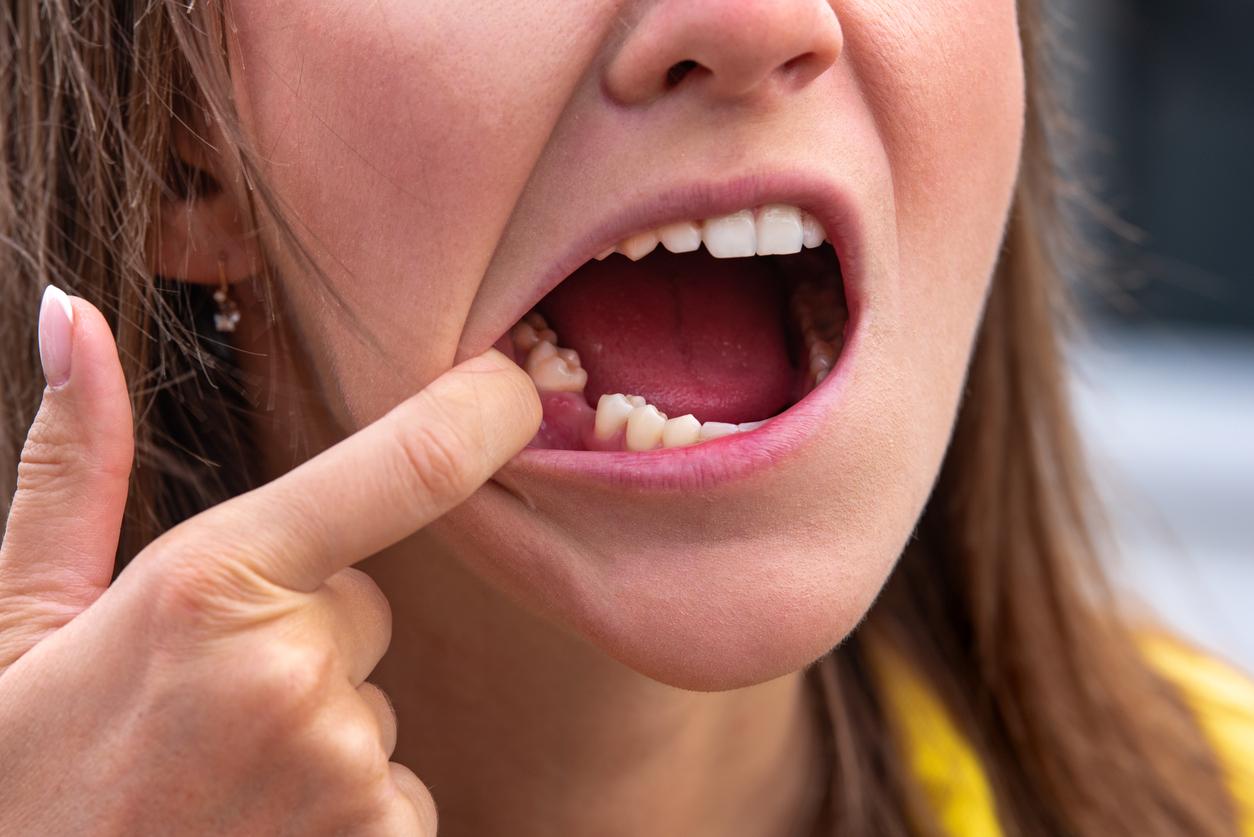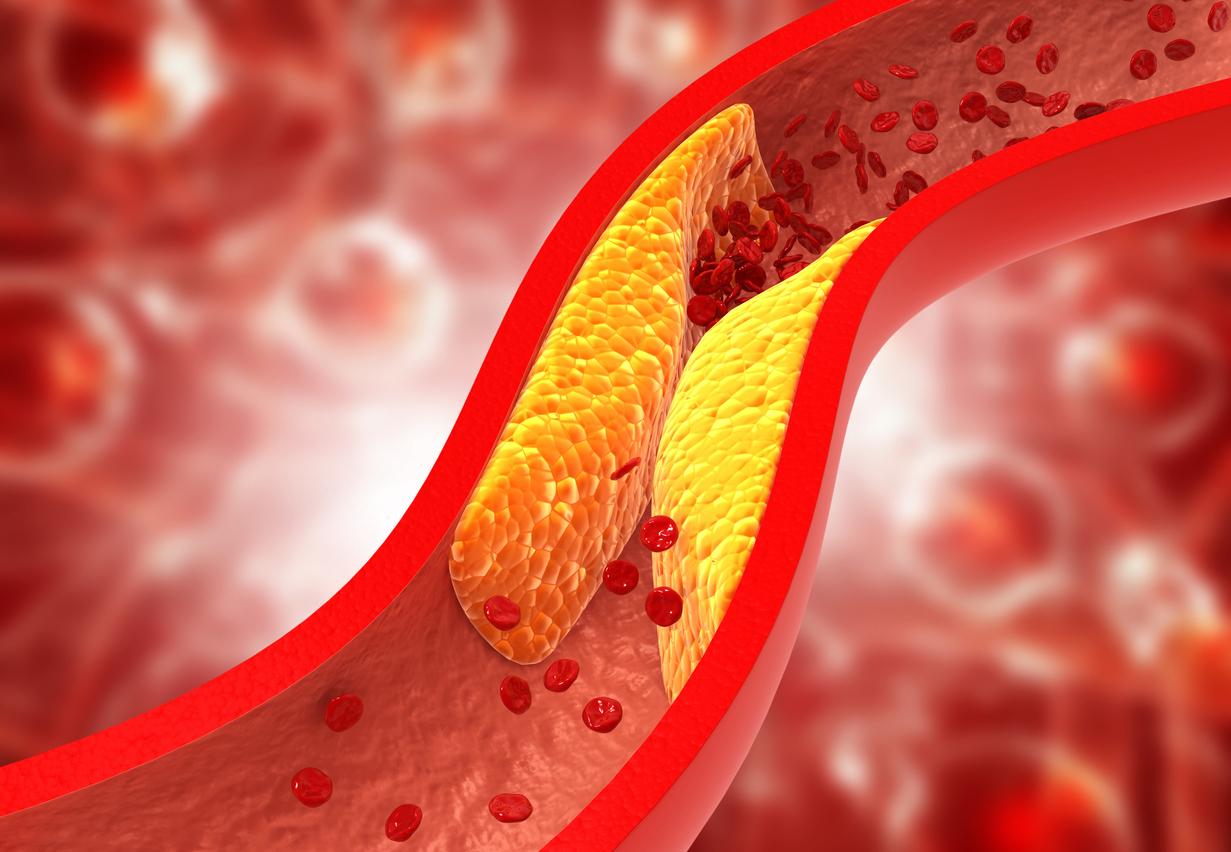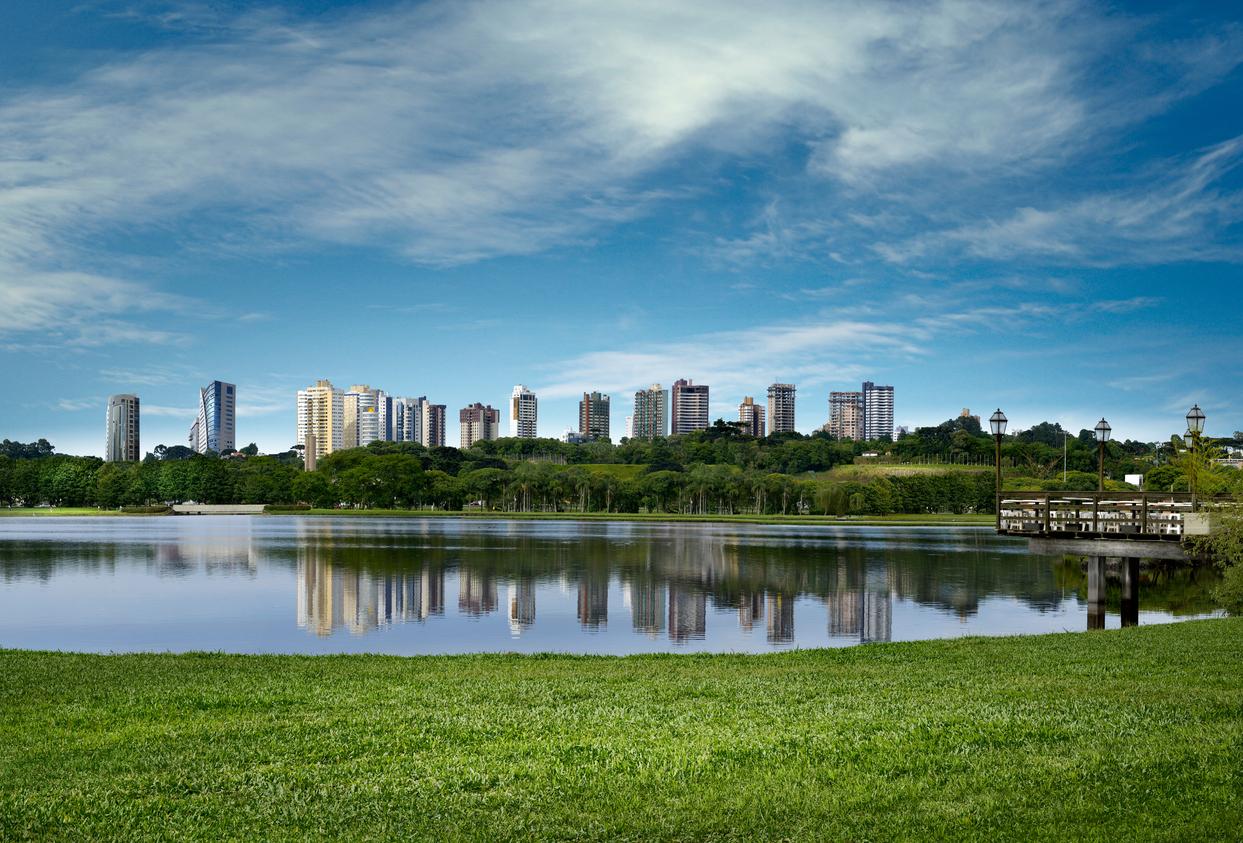For the first time, researchers have successfully transplanted heart muscles in humans and only on damaged areas of the heart. If the rest of the procedure goes as planned, this practice may eliminate the need for complete heart transplants in some patients.

It is a world first. In Japan, researchers at Osaka University have successfully transplanted the first-ever laboratory-grown heart muscle transplantation, reports the Japan Times January 28. Instead of replacing the patient’s entire heart, they placed biodegradable sheets made up of heart muscle cells on the damaged areas of the heart. If the procedure continues without a hitch, this practice could become widespread and ultimately eliminate the need for complete heart transplants in many patients.
To cultivate heart muscle cells in the laboratory, the researchers used induced pluripotent stem cells (iPS) belonging to the patient. By reprogramming them, they transformed them into heart muscle cells and then placed them on thin biodegradable sheets. By secreting a protein, the cells should help regenerate blood vessels and improve the patient’s heart function. If all goes well, this should allow sufficient regeneration to avoid heart transplantation.
The researchers now plan to monitor the patient for a year and eventually hope to be able to perform the same procedure on nine more people over the next three years. If the clinical trials go well, scientists should get Department of Health approval for applications as soon as possible. The procedure could end up becoming a common alternative to heart transplants.
“I have met many patients that I could not save”
It is much easier to procure iPS cells than it is to find a compatible donor heart. What’s more, the patient’s immune system is more likely to tolerate stem cells than a new organ, the researchers say. “I hope that [la greffe de cellules souches] will become a medical technology that will save as many people as possible, because I have met many patients that I could not save ”, Professor Yoshiki Sawa, who led the study, told the Japanese press.
The patient who benefited from this medical advance suffered from ischemic cardiomyopathy. This heart disease, which affects 3.7% of the population in France and especially men, is characterized by insufficient oxygenation of the heart due to a narrowing of the coronary arteries by atheroma plaques (deposit of fat on the wall vessels). The heart is then less well irrigated.
When a person suffers from heart failure, sometimes they may be offered a heart transplant. However, not all people can be transplanted, such as those over 65, patients with active or recent cancer or certain kidney or liver problems.
In France, 500 heart transplants per year
If the patient meets the conditions for a transplant, they are placed on the waiting list for a transplant. Therefore, he must “remain reachable 24 hours a day and be able to arrive at the hospital within 2 hours of the call informing him that an organ is available. The waiting period is very variable: the matching between donor and recipient is carried out according to the gravity of the recipient, the compatibility of blood group, morphology and age. This pairing is carried out by the Biomedicine Agency which distributes the grafts nationally ”, explains the French Federation of Cardiology on its website.
The intervention lasts 4 to 8 hours, then the transplanted person stays between 10 and 15 days in intensive care, isolated in order to avoid any infectious complication. He is then admitted to cardiac surgery where specialists balance his drug treatment and check that the transplanted heart is not rejected. Finally, the patient goes to a rehabilitation center.
Once released from the hospital, he will be able to resume a normal life with a healthy and functioning heart. However, he will need to take medication and immunosuppressants throughout his life to reduce the risk of rejection. Each year in France, nearly 500 people receive a heart transplant.
.















